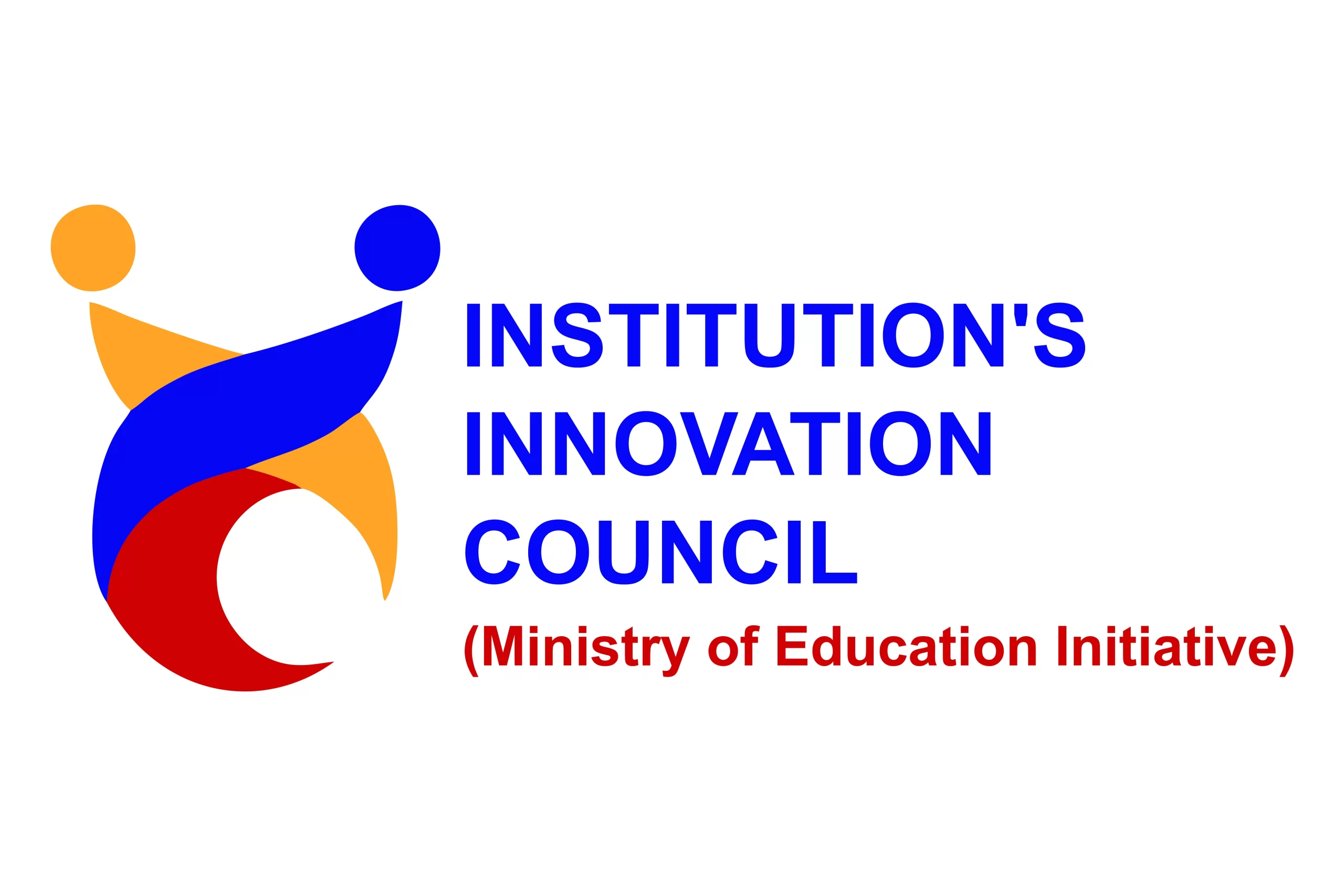
In today’s competitive job market, technical skills alone are no longer enough to ensure success in the workplace. Employers are increasingly placing emphasis on soft skills – those intangible qualities that enable individuals to communicate effectively, work well with others, and adapt to changing circumstances. In this blog post, we’ll explore why soft skills are essential in the modern workplace and how they can contribute to your professional success.
1. Effective Communication: Effective communication is a cornerstone of success in any workplace. Whether you’re interacting with colleagues, clients, or stakeholders, the ability to convey your ideas clearly and concisely is crucial. Strong communication skills can lead to better collaboration, fewer misunderstandings, and improved overall productivity.
2. Teamwork and Collaboration: In today’s interconnected world, teamwork and collaboration are essential for achieving organizational goals. Employers value employees who can work well with others, contribute ideas, and collaborate effectively in group settings. Strong teamwork skills can lead to stronger relationships, increased innovation, and better problem-solving.
3. Adaptability and Flexibility: In today’s fast-paced business environment, change is inevitable. Employers are looking for employees who can adapt quickly to new situations, learn new skills, and thrive in dynamic environments. Being adaptable and flexible allows you to navigate challenges with ease and seize new opportunities as they arise.
4. Problem-solving and Critical Thinking: Problem-solving and critical thinking skills are highly valued in the workplace. Employers want employees who can analyze complex situations, identify solutions, and make informed decisions. Strong problem-solving skills enable you to overcome obstacles, find creative solutions, and drive innovation within your organization.
5. Emotional Intelligence: Emotional intelligence, or the ability to understand and manage your own emotions and those of others, is becoming increasingly important in the workplace. Employers value employees who can navigate interpersonal relationships with empathy, self-awareness, and social skills. High emotional intelligence can lead to stronger leadership, better conflict resolution, and improved overall morale.
Conclusion: In today’s competitive job market, soft skills are more important than ever. Effective communication, teamwork, adaptability, problem-solving, and emotional intelligence are all essential qualities that can contribute to your success in the workplace. By honing your soft skills and demonstrating them in your professional interactions, you can differentiate yourself from the competition, build stronger relationships, and achieve your career goals.
-
 Career Opportunities After BCA: What’s in Store for You in 2025 and Beyond
Career Opportunities After BCA: What’s in Store for You in 2025 and Beyond -
 Top MBA Colleges in Greater Noida with Best Placement Records in 2025 – Why Accman Business School Deserves Your Attention
Top MBA Colleges in Greater Noida with Best Placement Records in 2025 – Why Accman Business School Deserves Your Attention -
 Career Opportunities After BCA: What’s in Store for You in 2025 and Beyond
Career Opportunities After BCA: What’s in Store for You in 2025 and Beyond -
 Top Specializations Offered by MBA Colleges in Greater Noida
Top Specializations Offered by MBA Colleges in Greater Noida -
 Future Scope of BBA Course: Jobs, Higher Studies, and More
Future Scope of BBA Course: Jobs, Higher Studies, and More -
 Career Options After BBA from a Good College in Greater Noida
Career Options After BBA from a Good College in Greater Noida -
 How Accman Business School is Shaping Future Business Leaders Through Its BBA Program
How Accman Business School is Shaping Future Business Leaders Through Its BBA Program -
 Role of Skills and Personality Development in BBA Programs with a Top College
Role of Skills and Personality Development in BBA Programs with a Top College -
 Top 5 Programming Languages Every BCA Student Should Learn in 2025
Top 5 Programming Languages Every BCA Student Should Learn in 2025 -
 Career Opportunities After Completing a BBA in India
Career Opportunities After Completing a BBA in India




